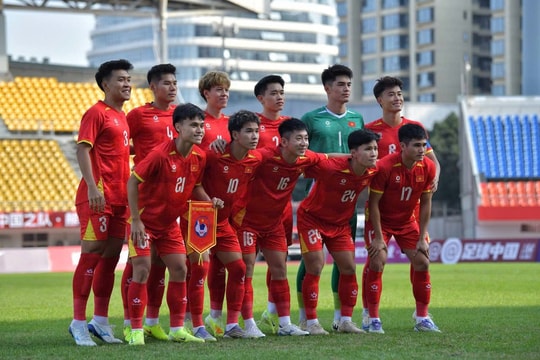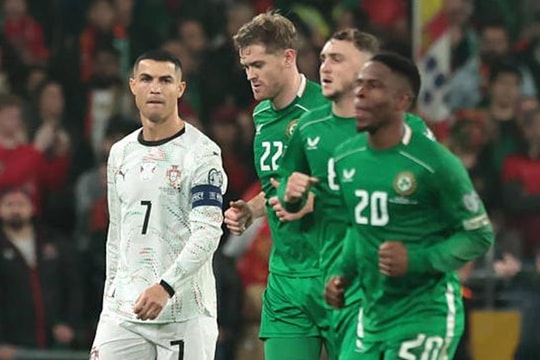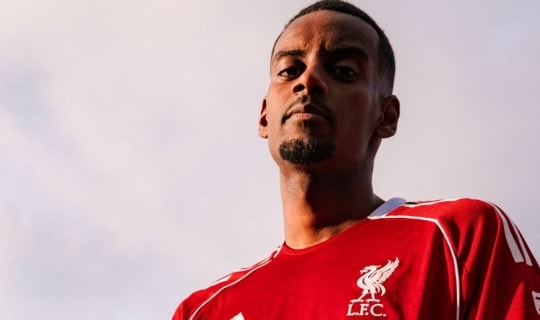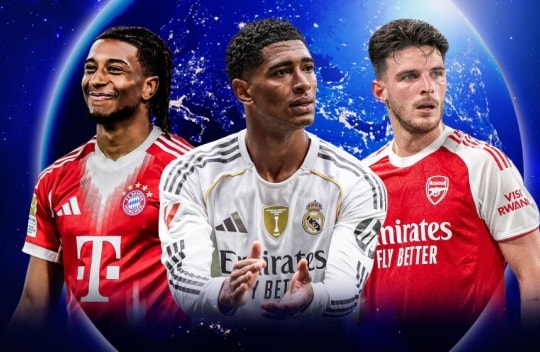A shock to Europe's established order
The Russia-Ukraine conflict appears to have increased the influence of Central and Eastern European countries, while reducing the power of France and Germany.
Observers say the crisis in Ukraine is a shock to the long-standing order in Europe, both the European Union (EU) and the North Atlantic Treaty Organization (NATO). It also increases the influence of Central and Eastern European countries.
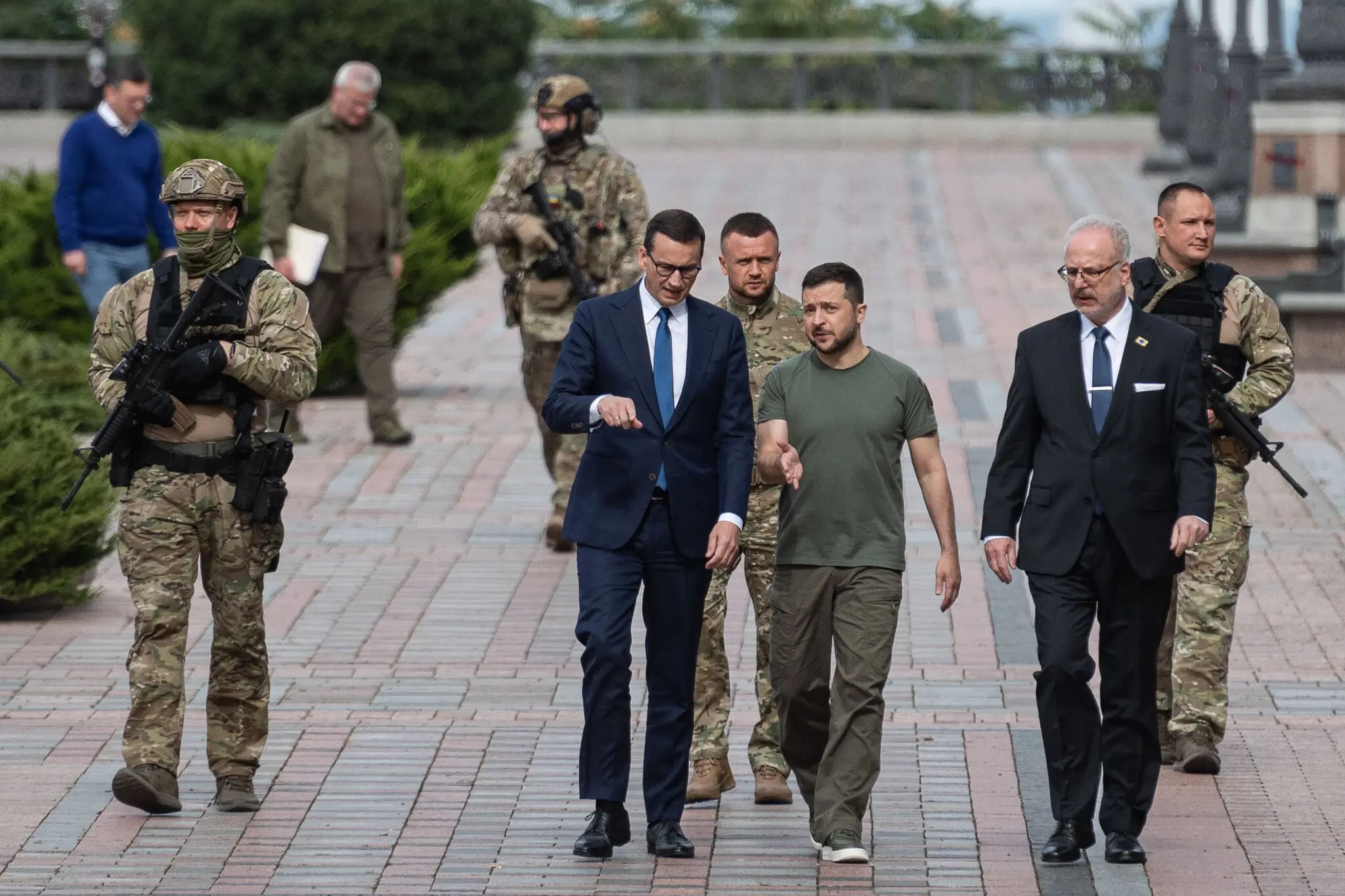 |
(Top row, left to right) Polish Prime Minister Mateusz Morawiecki talks with Ukrainian President Volodymyr Zelensky during a visit to Kiev with Latvian President Egils Levits in September 2022. Photo: NYT |
Poland and the Baltic states have pushed the pro-Ukrainian argument, filling a vacuum early in the war when France and Germany, long Europe's two leaders, appeared paralyzed.
According to the New York Times, intense pressure from Eastern and Central Europe played an important role in the West's decision to supply tanks to Kiev, which was made this week after months of debate and hesitation.
German Chancellor Olaf Scholz announced on January 25 that he would provide German-made Leopard 2 tanks and allow other countries to transfer the equipment. US President Joe Biden also announced that Washington would send Abrams tanks, giving Mr. Scholz more grounds for his decision.
The Russia-Ukraine conflict thus validates Mr. Scholz’s statement in Prague in August 2022 that “the center of Europe is shifting eastward.”
“Mr. Scholz is right. The voices of Central and Eastern European countries are being heard more and are being taken more seriously in European councils. Now, eastward enlargement is also on the agenda,” said Timothy Garton Ash, a European historian at Saint Antony’s College in Oxford, England.
Poland is rapidly expanding its military. Last year, Warsaw said it planned to double the size of its armed forces.
Poland has ordered a large number of new modern weapons, making it a more important member of both the EU and NATO. It is also a key lobbyist, trying to convince Berlin to send tanks to Kiev and allow other countries to do the same.
According to Jana Puglierin, director of the European Council on Foreign Relations, Central and Eastern European countries see themselves as “freedom fighters and defenders of EU values.” By providing early military support to Kiev and welcoming Ukrainian refugees, these countries have helped shape European views, while both Germany and France appear to be surprised and confused by Moscow’s extraordinary military campaign in its neighbor.
The conflict also makes French President Macron’s ambitions for a “self-reliant” European defense irrelevant given the increased role of NATO and the United States over the past year. Ms. Puglierin pointed out that Germany also wants to strengthen transatlantic ties and rely on Washington, even as it tries to rebuild its military.
With their influence within Europe diminished, Germany and France will also, at least for now, lose influence within NATO, which is expected to rely more heavily on American hardware and leadership than before the conflict, and is likely to soon add Sweden and Finland.
However, analysts note, Brussels' power is based on the size of its economy and population, so Europe's center of gravity will remain west.
In addition, when the Russia-Ukraine conflict broke out in late February 2022, Mr. Scholz had been in power in Germany for less than 3 months and did not have a close relationship with the French President. Therefore, these two major countries still lacked coordination. Over time, when the two sides cooperate more closely, they will overcome their temporary "weakness" and regain their important position in Europe as before.

Providing heavy tanks, will the West change the situation on the Russia-Ukraine battlefield?
14/01/2023


